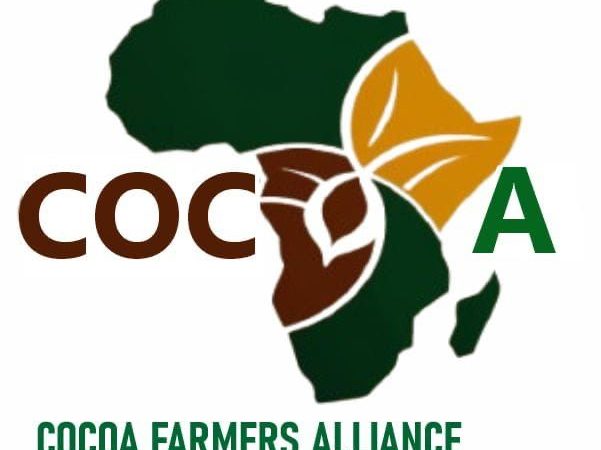
Pastor Evans Kyere- Mensah, the head pastor of GoodHope Chapel in Santasi and convener of the Ghana Youth Agriculture Summit, was adjudged the best cassava farmer in the Asante Mampong municipality on December 1, 2023.
He owns over 500 acres of cassava plantation in the municipality and currently employs up to 20 non-permanent and 5 permanent staff to manage his plantation.
Despite his busy schedule as a minister, Pastor Kyere- Mensah has resolved to fully engage in farming to reduce the growing food insecurity threats that endanger the livelihood of Ghanaians and the rest of the world.
In early 2018, he conceived the idea of solving Ghana’s food production problem by acquiring 500 tracts of farmland at Bosomkyekye near Ejura, with a special focus on cassava production, given the crop’s numerous value additions to address the raw materials gap in the production process.
His commitment to agricultural transformation has led him to organize a series of agriculture summits for undergraduate students and graduates in the country, aiming to help them better appreciate the opportunities within the agricultural sector and the potential to improve their fortunes after school.

At the 39th Farmers’ Day Awards ceremony, the assembly honored him with a certificate, a knapsack sprayer, two Wellington boots, three cutlasses, herbicides, a torchlight, and a small radio as a form of motivation to support his work and aid in his expansion.
Speaking with the Daily Agric News Portal after being awarded the Mampong Municipal Best Cassava Farmer, he emphasized the need for more practical actions to change the face of farming in Ghana if the country is to address the high cost of food.
“We need comprehensive and practicable policies in place now. Until that is done, I’m sorry for the citizens, since we will continue to endure this high cost of feeding growing populations,” he said.
He also highlighted that, at this stage of agricultural innovation, the majority of farmers in food-producing communities have not been properly taken care of by the respective assemblies in developing farmlands, reshaping roads, and improving irrigation systems to support food production. These impediments threaten the future of citizens and must be holistically addressed.





